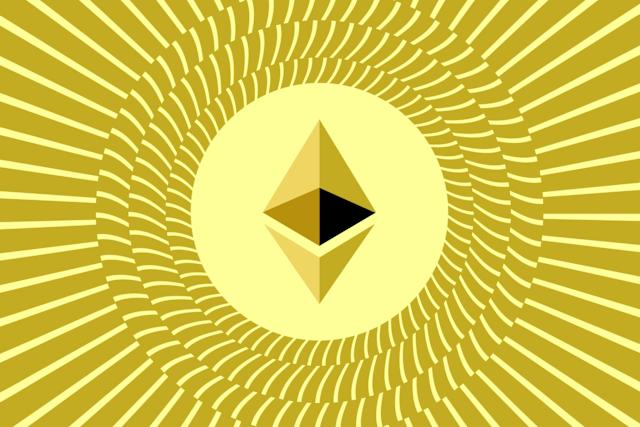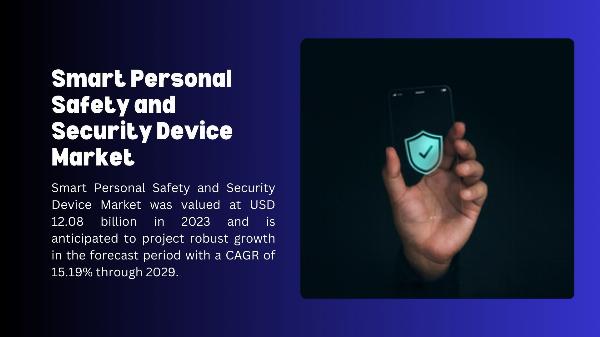Ethereum: The Digital Oil of the Blockchain World: Navigating Challenges and Future Potential

Ethereum, the world's second most valuable blockchain, has been the subject of much discussion and speculation in recent times. Conceived in 2013, Ethereum has experienced a series of dramatic ups and downs, including an existential hack in 2016 and a remarkable technological upgrade in 2022. However, this year has brought unprecedented scrutiny of the current and future direction of the project, particularly due to its price lagging behind that of Bitcoin.
As of Tuesday, the price of Ethereum has been trading around $2,500, about 50% lower than its all-time high, according to data from crypto exchange Binance. This has prompted some to proclaim Ethereum's end, with Max Keiser, a prominent Bitcoin booster, even stating that "Ethereum died, it just hasn't been buried yet." While this may seem like an overstatement, there are still questions about whether Ethereum's price slump reflects a temporary stumble or whether the blockchain will never grow into its promise.
One of the challenges that Ethereum has faced is congestion fees and scaling. The increase in activity on the network has led to a rise in "gas fees," which are required to be paid by users every time they send assets on Ethereum. These fees have been a source of frustration for developers and users alike, with some even resorting to layer 2 blockchains (L2s) as a solution. These L2s package user data into one bundle and post it onto Ethereum, rather than asking the blockchain to process each transaction individually. While this approach has helped reduce transaction costs by over 99% since mid-2020, according to data from Glassnode, it has also made the core network of Ethereum less valuable in the eyes of some.
Kyle Samani, managing partner at crypto investment firm Multicoin Capital, believes that a network is not sustainable or valuable without direct user activity. He argues that users have moved to L2s and drained Ethereum of some of the activity that propped up its cryptocurrency's price. However, Paul Brody, chairman of the Enterprise Ethereum Alliance, an advocacy group for the blockchain, disagrees. He believes that fixation on the price of Ether in the short term is missing the point. "Ethereum is the amazing world computer," he told Fortune. "I don't think it can or should try to be all things, all people."
Instead, Brody believes that Ethereum's upgrades should prompt a rise in demand for the cryptocurrency. Programmers are now optimizing the speed of the layer 1 network and believe that the flood of Wall Street and Big Tech firms exploring blockchain technology will spur a rush to buy the cryptocurrency. "I don't think that we should pretend like the asset doesn't need to be valuable," added Danny Ryan, one of the cofounders of the Ethereum advocacy group Ethrealize. His cofounder Vivek Raman even equated Ethereum to "digital oil."
Whether Wall Street titans decide to go with Ethereum or competitors like Solana remains to be seen. However, proponents are hopeful that if Ethereum becomes the first place for everyone to do business, then the asset price will take care of itself. "If we do our job, and we become the first place for everybody to do business," said Brody, "then the asset price is just something that takes care of itself."
In conclusion, while Ethereum may be facing some challenges at present
Ethereum, like the precious oil of blockchain's universe nurturing innovation and growth amidst its complexity challenges today paves an exciting road with intriguing potential for tomorrow.
Ethereum, the digital oil of blockchain world innovation fuels limitless possibilities with its challenges and futuristic potential that continue to shape our understanding into a more decentralized future.
Ethereum, the digital oil of blockchain realm – fueling innovation with challenges forged into growth and harboring boundless potential in its future.
Ethereum, the digital oil of blockchain's universe where it powers innovation with every drop and navigates through challenges towards a promising future.
Ethereum, with its ability to power decentralized finance and smart contract applications that shape the future of blockchains as 'the digital oil,' faces hurdles yet holds immense promise for overcoming these obstacles toward becoming a pivotal driving force in blockchain innovations.
Ethereum, as the digital oil of blockchain world that now navigates through multiple challenges towards its full potential future.
Ethereum, labeled as the digital oil of blockchain world for groundbreaking applications and pioneering challenges within smart contract development with immense untapped future potential that reshapes business models globally through decentralization. 👏✨
Ethereum stands as the digital oil of blockchain, fueling innovation and unlocking unprecedented potential. Navigating through current challenges with wisdom enables it to harness this power for a future brimming with possibilities.


![Isothermal Bags Containers Market [2028]: Top Trends, Size, and Competitive Intelligence - TechSci Research](https://antiochtenn.com/zb_users/upload/2025/07/20250719012446175285948669203.jpg)











